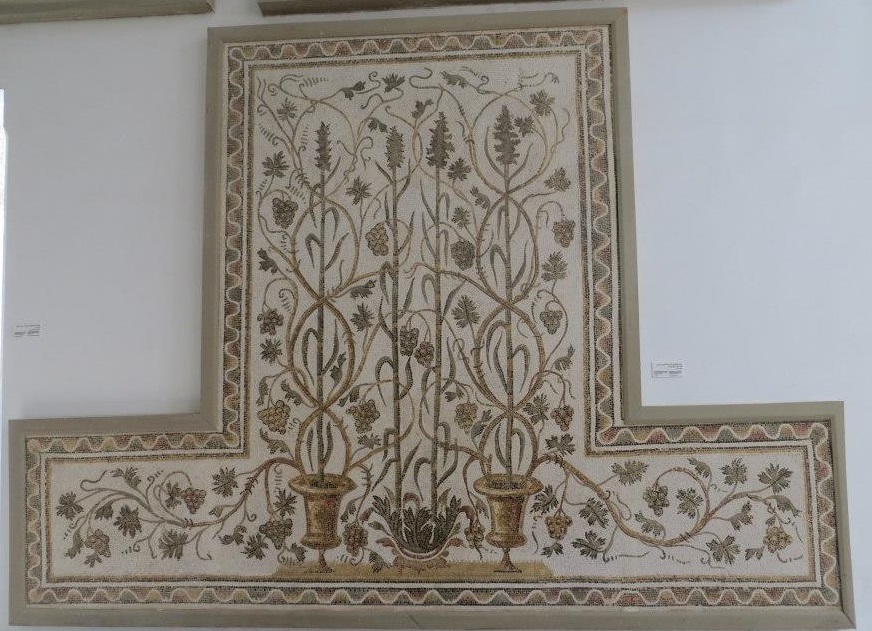An introductory course studying Roman literature produced under the Julio-Claudian emperors, with specific considerations of issues such as the impact of the Principate and civil war on literature; how to write history after Augustus; whether we should take love poetry seriously; the Roman theatre of cruelty; and whether the Romans invented the novel. Authors to be considered are Valerius Maximus, Ovid, Seneca the younger, Petronius and Lucan, with reference to select works in translation.
TERM 2 COURSE
This course is being revised for the academic year 2022/2023. This will be a gradual process, but I'll be looking to keep well ahead of the delivery of the sessions. .
The revisions of the teaching content will normally be minor and so you can gather material for essays, etc., in advance of the teaching sessions.
If you have any queries about this module, or have any links to helpful resources that could be added to this Moodle page, please contact the module convener Dr. Richard Hawley (richard.hawley@rhul.ac.uk).
If you have any questions about this module or suggestions for resources that could be uploaded to this Moodle page, please email Dr. Hawley: richard.hawley@rhul.ac.uk.
Course text, supplementary materials, and interactive versions of the exercises, with more going live week by week.
The course is very broad from a chronological point of view, but it does not simply aim at breadth. It also goes into depth and examines key sources, social and political institutions and engages critically with key historical themes and problems. For example, we shall explore in some detail the historical sources for the Persian and Peloponnesian Wars, two milestones of Greek history which many of you will be somewhat familiar with. We will try to look beyond the legend that often accompanies them or facile interpretations and we will aim to probe and critique both primary and secondary courses. I hope that this course will hone your key skills of analysis and criticism and enable you to become more mature and confident in your engagement with ancient Greek political and social history.
There will be some small differences as I revise the teaching sessions through the year and you should bear that in mind if you want to look at material more than three weeks ahead. Nevertheless, revisions of the teaching content will normally be minor and so you can gather material for essays, etc., in advance of the teaching sessions..
Welcome to Tacitus and the Making of the Roman Empire. Iterations of this module have been taught by colleagues at RHUL for several years, and it is now our turn to make our version of it.
If you have any suggestions for items which could be added to this Moodle page, or find that any links no longer function, please let him know.
Who was Alexander the Great? Why is it that ca. 2300 years later he still fascinates professional historians, politicians, generals and business people alike and captures the imagination of whole peoples? How far did he affect the course of history? What was the driving force behind his impressive exploits? Questions like these and many others will be addressed during this course.
I invite you on a challenging journey that will lead you from the green hills of Northern Greece to the arid Iranian deserts and the craggy mountains of Afganistan. Following the trail of Alexander you will appreciate his military genius, his political acumen, the mighty way in which he put his stamp on the Ancient World. Hopefully by the end you will also be able to form an opinion about his intriguing personality.
